“Tusnadfurdo [Baile Tusnad] is the summer escape for Hungarian politics,” Viktor Orban said in an interview on Kossuth Radio’s Good Morning, Hungary program. Speaking in Transylvania at the site of the annual Balvanyos Summer Open University and Student Camp (commonly known as Tusvanyos), Hungary's Prime Minister explained that politics is a world that deals with daily affairs. He described it as an enormous experience when people involved in public life can occasionally break free from the confines of this narrow perspective.
The whole thing gains intellectual vibrancy and opens up new horizons. That’s why everyone loves coming to Tusnadfurdo,
he added.
He noted that last year at the event, he spoke about grand strategy, and stated that in tomorrow's speech he will present some key elements of Hungary’s grand strategy.
A Nation Has No Borders
Speaking about nation-based policy, he said that states have borders, but nations do not. He added that Hungary had territories taken from it, leaving a third of the nation outside its current borders, which is why for Hungary, the state’s borders and the nation’s borders do not align. The prime minister said that thinking in terms of the nation means viewing the fate of Hungarians within a broader context, and that the Tusvanyos meeting reminds us of this. He added that he personally prefers the term “historic Hungary” in referring to the nation.
He noted that there were left-wing parties in the past that did not consider Hungarians living outside of our borders as part of the nation, but these parties have now faded away.
PM Orban stated that introducing dual citizenship was one of the Hungarian government’s historic achievements. He also highlighted cross-border economic development, educational and cultural projects, and the construction of domestic highways up to the Hungarian border. He added that in all these areas, thinking in terms of the nation was always present.
Joint Success with Romania
He also mentioned that during Hungary’s EU presidency, Romania joined the Schengen Area. Because of this shared success, his Wednesday meeting with the new Romanian prime minister began from a good position. He noted that Romania is in a very difficult situation, facing serious economic challenges. “It’s similar to the end of the Gyurcsany era in Hungary,” Orban remarked.
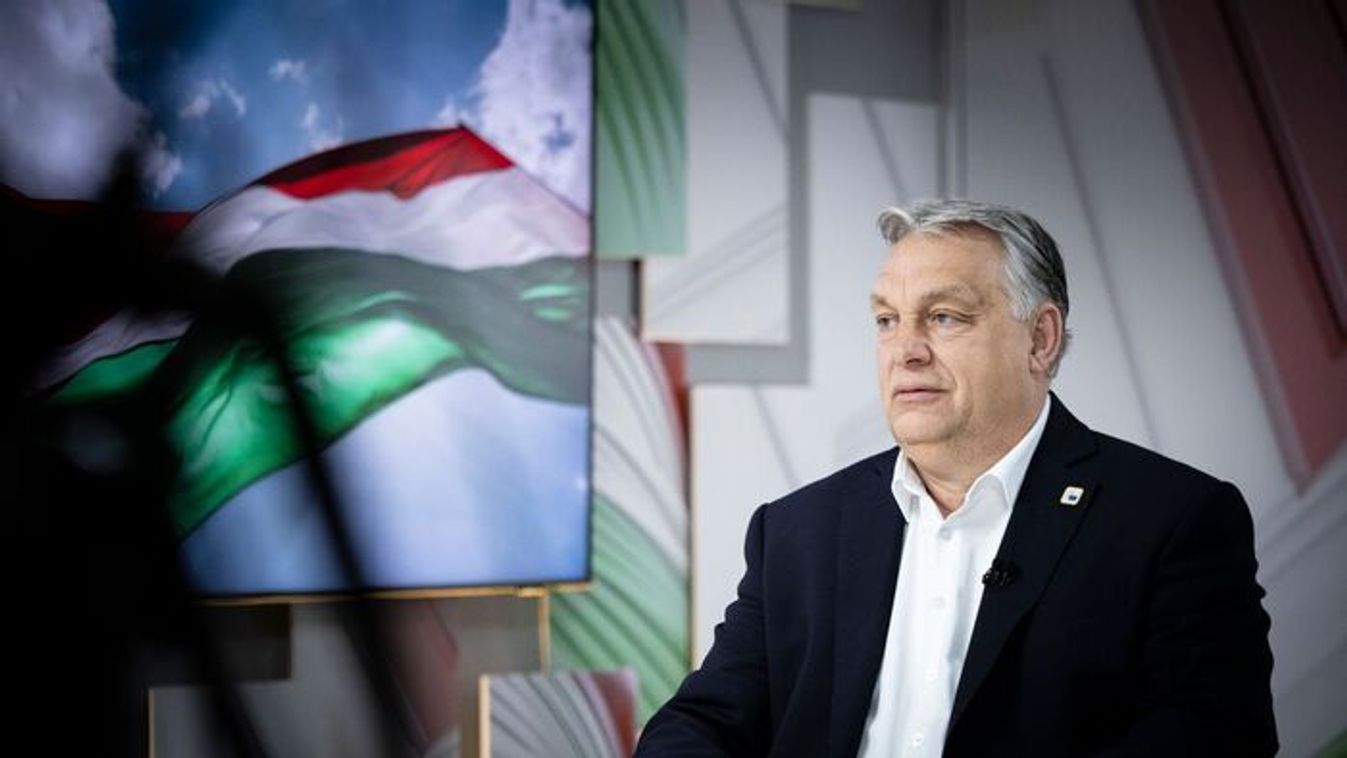





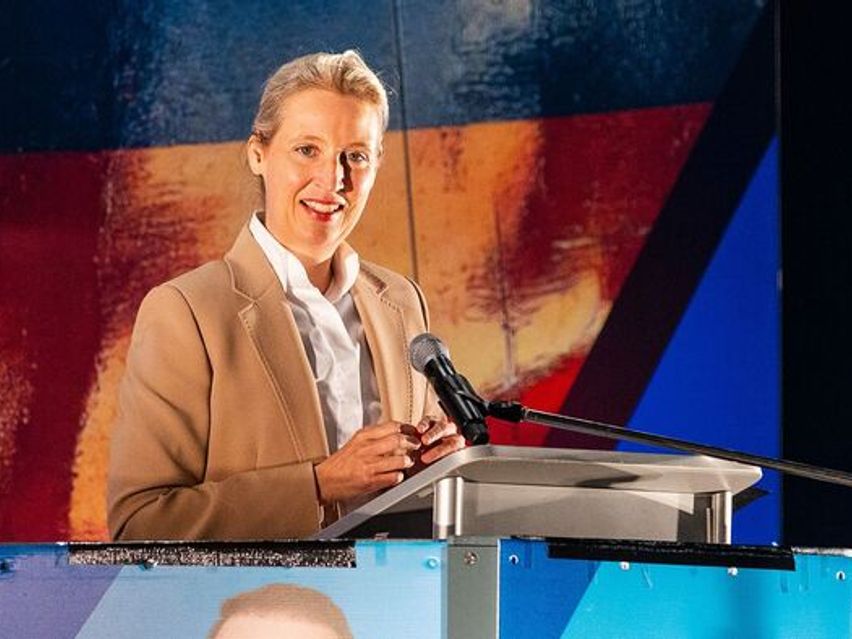

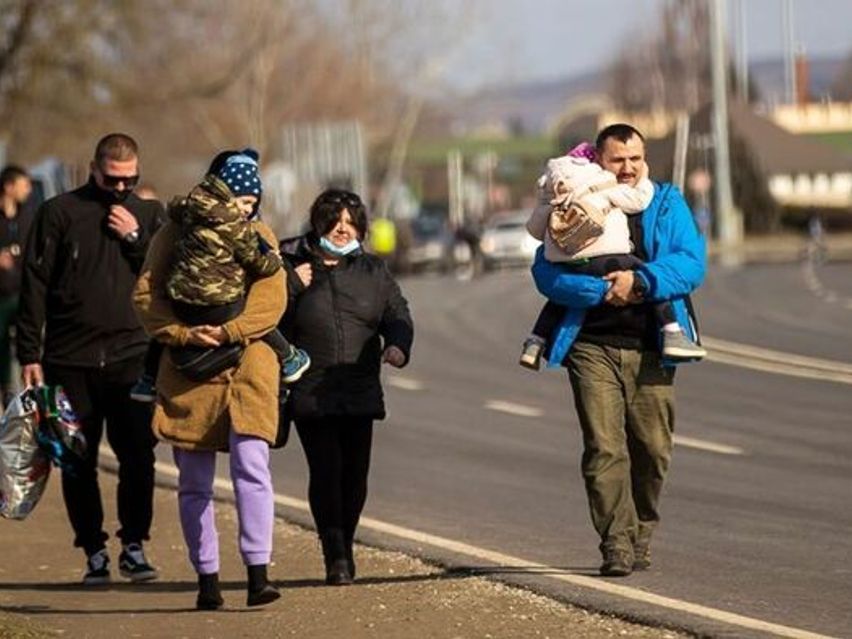
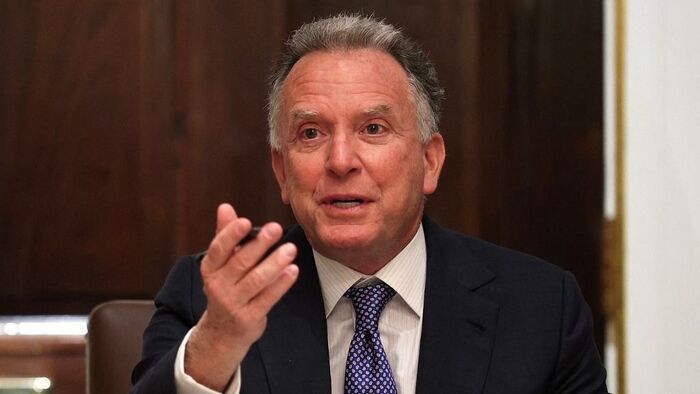


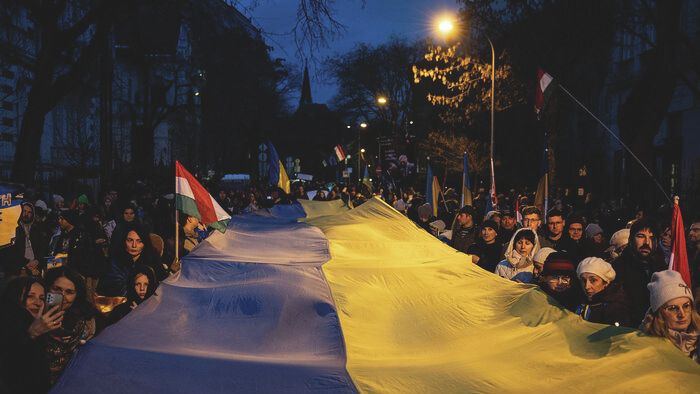
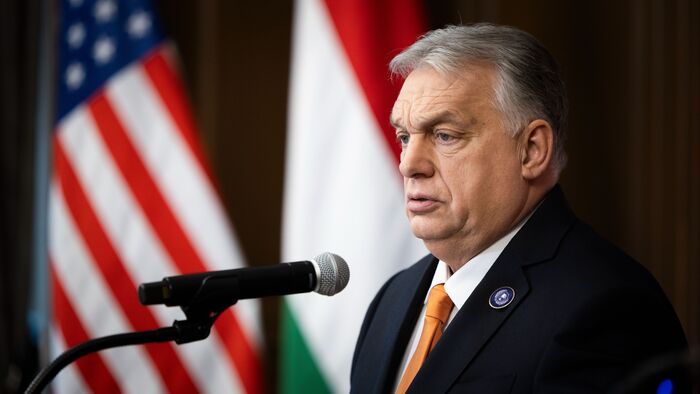
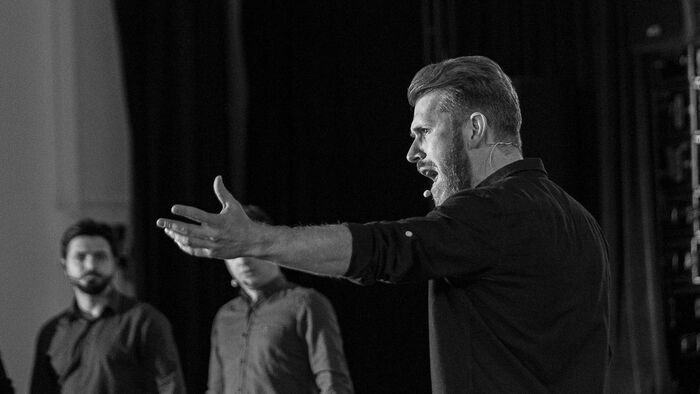
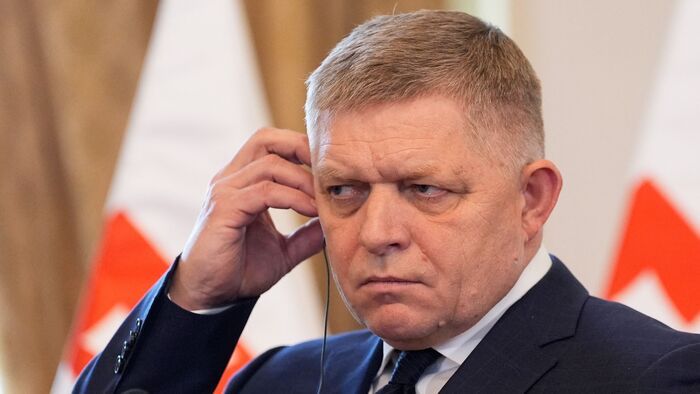

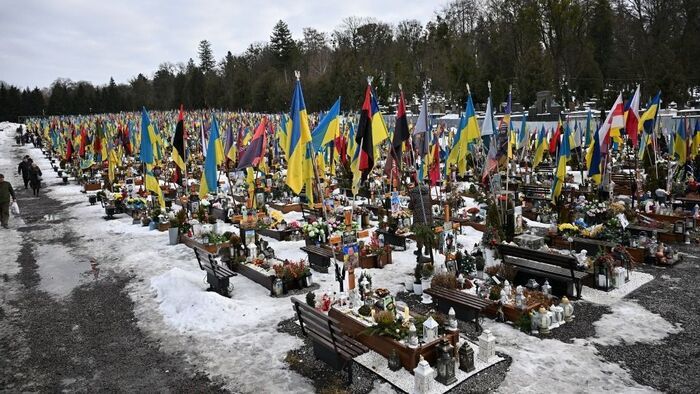


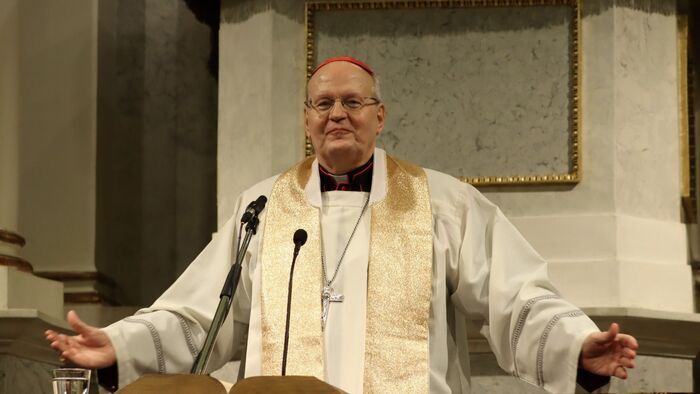
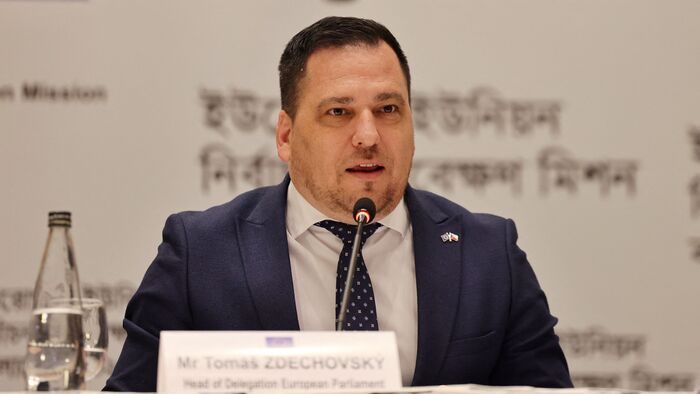

Szóljon hozzá!
Jelenleg csak a hozzászólások egy kis részét látja. Hozzászóláshoz és a további kommentek megtekintéséhez lépjen be, vagy regisztráljon!